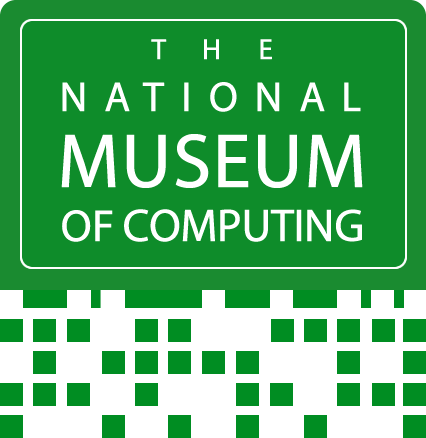Verity Allen
A Virtual Talk by Verity Allan
The Square Kilometre Array (SKA) will be the world’s largest radio telescope - providing a clearer understanding than ever before of our universe, with a computing heritage rooted in Cambridge University and The National Museum of Computing.
SKA will construct images of the Universe in greater detail than Hubble, with two 100+ Petaflop supercomputers processing torrents of data from hundreds of thousands of antennas in Australia and Africa.
We’ve come a long way from the time when Nobel-prize winning scientists of the Mullard Radio Astronomy Observatory relied on their Cambridge University colleagues - just miles away at the Mathematical Laboratory - to crunch their data and build their computers. The Mathematical Laboratory was responsible for the historically important EDSAC, EDSAC II and TITAN - with work on an operational reconstruction of EDSAC currently under way at our Museum.
Join Cambridge University PhD student and employee Verity Allan, whose helping code SKA, on September 15 as she takes you on a journey through the high-power computing used to study our universe - from the fields of Cambridge to the expanses of Africa and the outback.
During her on-line talk, Verity will discuss:
The demands that mega radio astronomy projects place on computing, with a peek inside SKA and also the Low Frequency Array that’s currently the world’s biggest radio telescope.
Workloads performed by the historically important EDSAC, EDSAC 2 and TITAN, the small - compared to today’s standards - computing power they supplied and the breakthroughs in our understanding of the universe they facilitated.
The stories of those who programmed these systems - especially the women, eclipsed by the Nobel-winning Martin Ryle, of the Mullard Radio Astronomy, and the man he turned to build TITAN to further his work - Maurice Wilkes, father of EDSAC.




